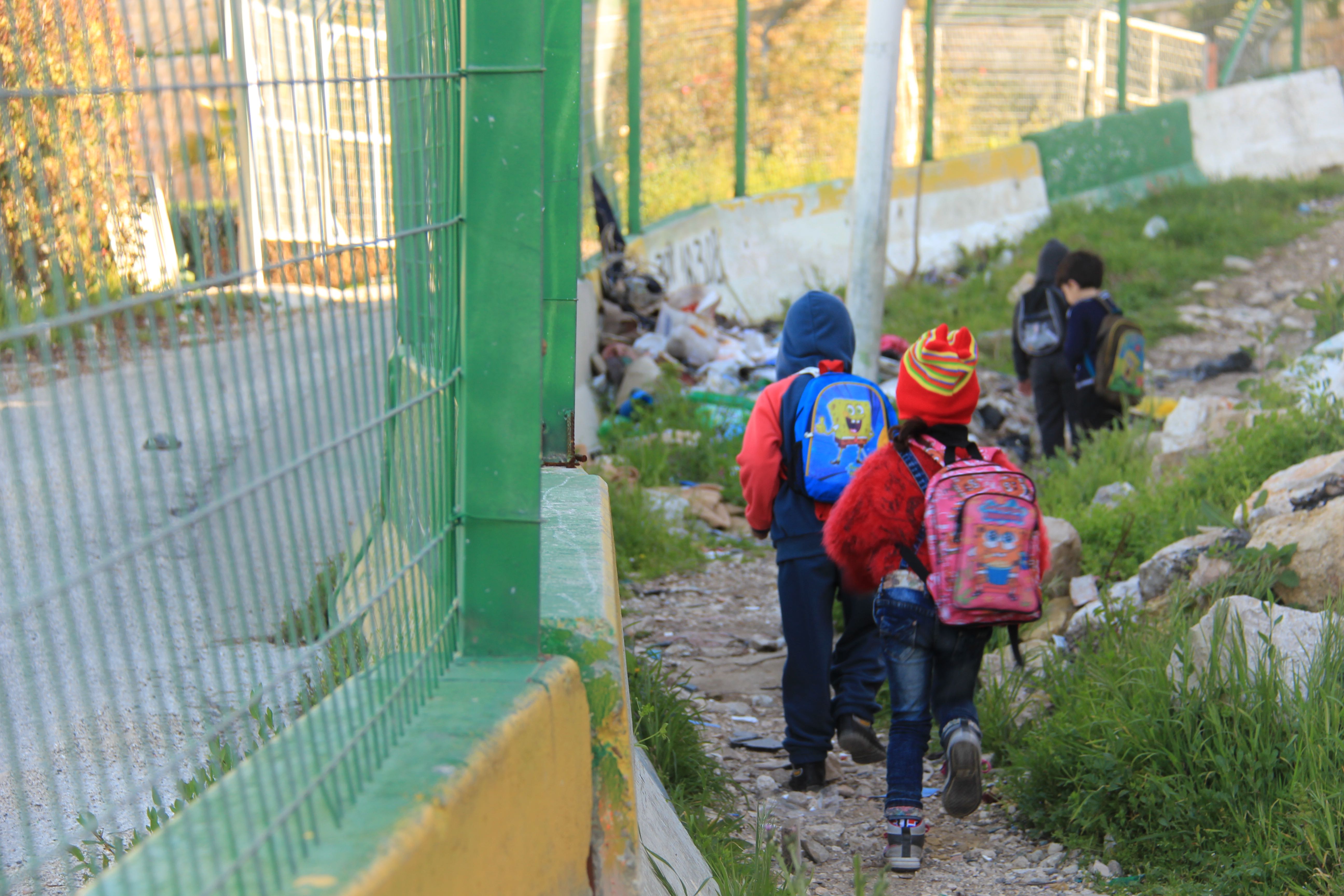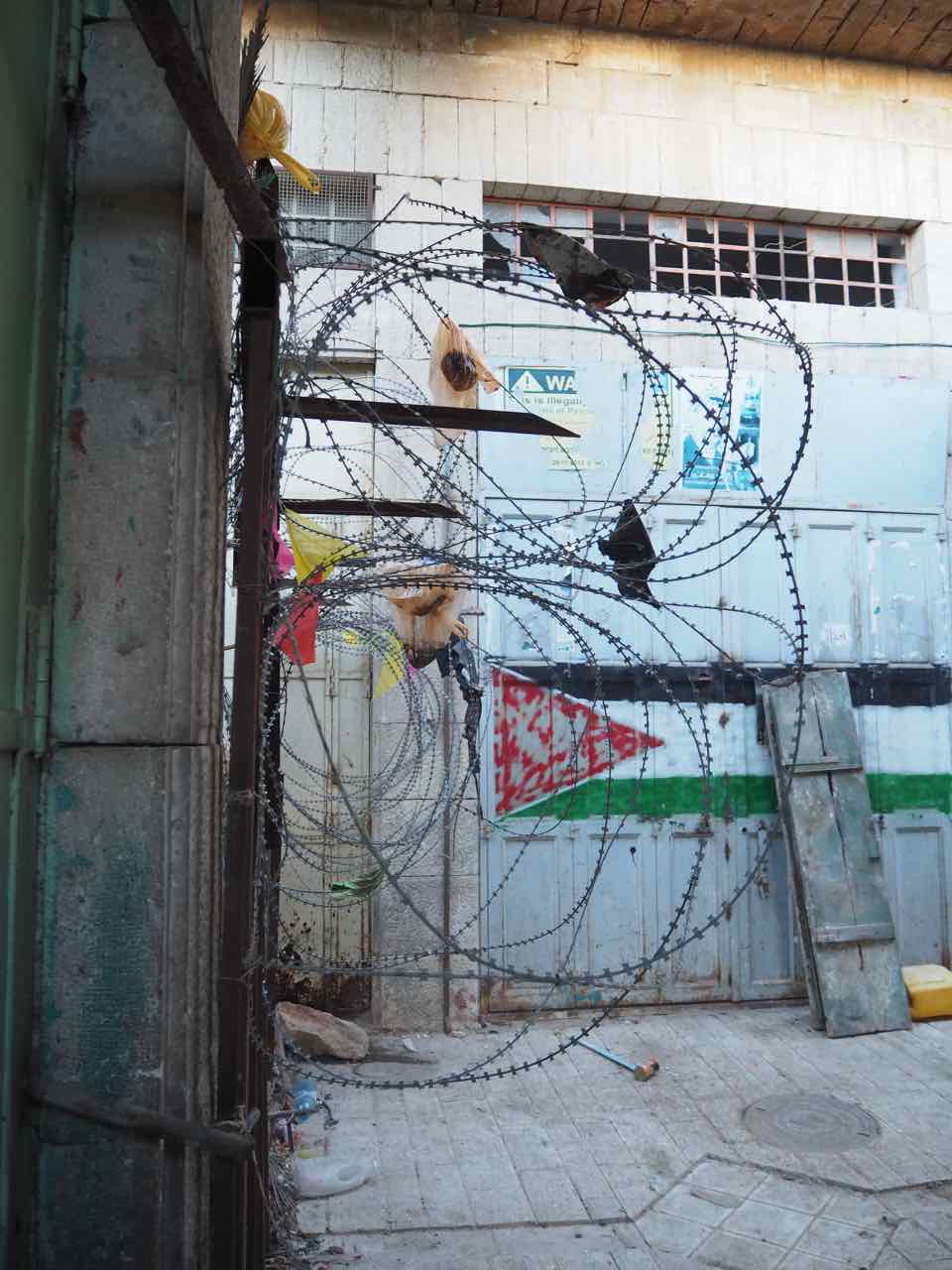Tag: International law
-
‘It is my job to scare Palestinian children’ – Israeli forces justify intimidation of kindergarten children
6th March 2016 | International Solidarity Movement, al-Khalil team | Hebron, occupied Palestine Kindergarten-children in occupied al-Khalil (Hebron) often face harassment and intimidation by Israeli forces on their way to kindergarten. Listen to this audio recording of a discussion between an international volunteer and the soldiers about why the soldiers ‘have to’ scare the kindergarten-children…
-
Israeli forces attack peaceful demonstration and suffocate civilian population
5th March 2016 | International Solidarity Movement, al-Khalil team | Ni’lin, occupied Palestine On 4th March 2016, the village of Ni’lin held their weekly protest against the illegal Israeli occupation, the illegal settlements and the theft of the village’s land. Israeli forces attacked the peaceful demonstration inundating the whole area with massive amounts of tear…
-
Bogus arrest of 12 year old boy in Hebron
3rd March 2016 | International Solidarity Movement, al-Khalil team | Hebron, occupied Palestine On the 28th of February around 4:00pm, 12 year old Palestinian boy, Sayed Seder was arrested by 10 heavily armed Israeli soldiers whilst playing football with his friends on the street in front of his family home. The Israeli army claim that…



